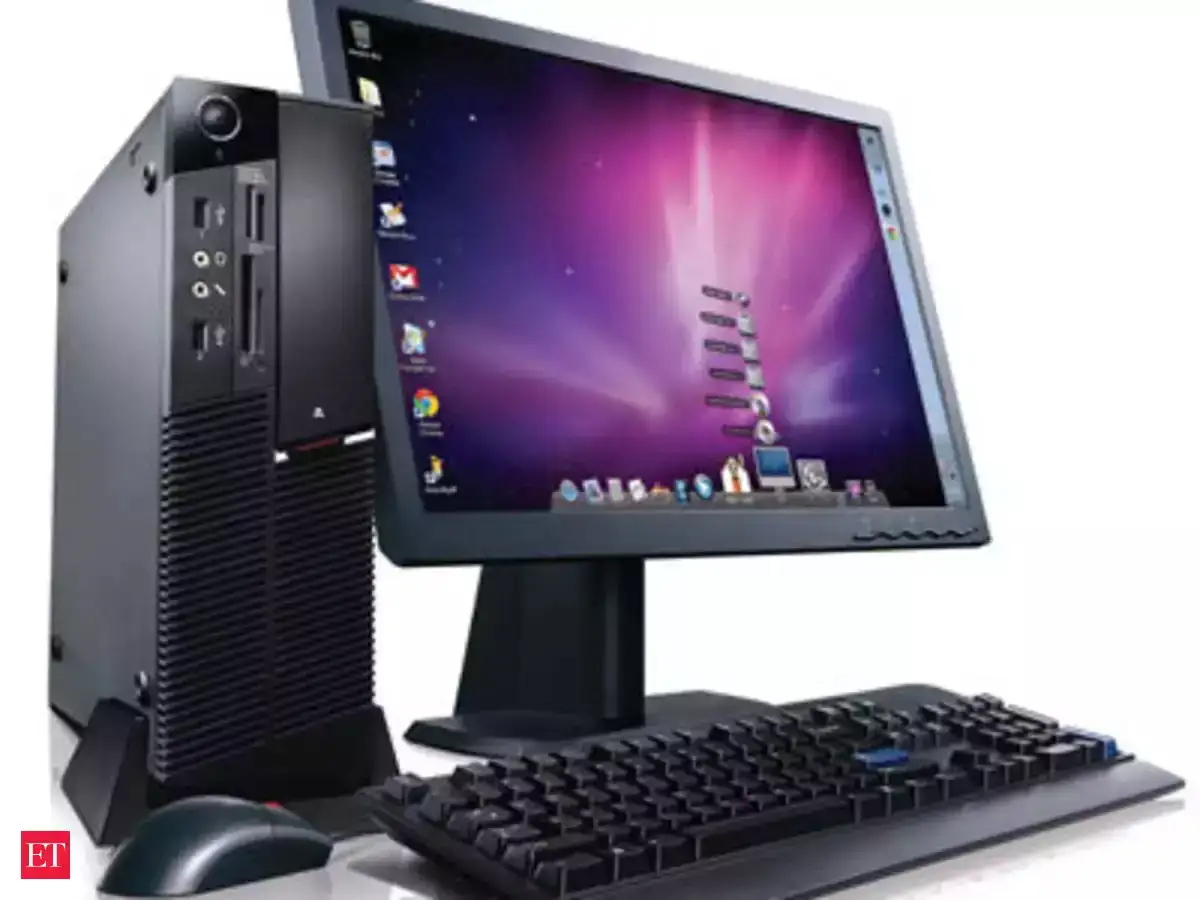Introduction To Personal Computer
A personal computer (PC) is a microcomputer that is used to help a person perform at least one function of his or her own choice. Computers are usually found in all types of homes and offices. Most computers have been designed for performing specific tasks, such as editing documents, printing documents, running applications, and sending emails. These computers may be portable, but they have their limitations. One limitation of a personal computer is it has very little storage space available, so files can only be accessed for only a couple of minutes per day. Another issue that may come up when using an internet-connected computer is online privacy. If a computer user decides to share some files on the internet, then he or she wants to do so, but the data won’t disappear after the fact. An alternative solution to this problem is buying a second-hand PC instead. There are many advantages to buying a secondhand computer from old people who want to sell them or are giving away their unused items. The main advantage to buying a new computer instead of a refurbished one is you will still get your money back. Secondhand computers are generally of better quality and often last longer. They also aren’t much harder to maintain too.
What is a personal computer?
A personal computer is a computer that allows someone to use their own device and computer skills to create something new. This is accomplished through using programs on a personal computer. Programs allow users to make their own apps that are not just web-based apps. Apps allow the user to control the computer, send email messages, watch movies and television shows, play games, make music using sound cards, and more. Examples of these apps include Facebook, Twitter, Instagram, YouTube, Tumblr, Skype, Netflix, and others. Each app is stored and organized on your computer and allows you to view them anywhere you go. App owners who download apps from other websites, create their own copies of those apps and edit them to use for use with their computer. Users typically find apps that they enjoy using and like to have access to. Some apps may require an additional charge. Other apps may allow you to send emails to friends or family with links to your account information. The most popular kind of app is that it comes in the form of a desktop. People buy PCs to use as desktop computers and download apps onto these PCs. While there are thousands of different kinds of apps to choose from, users usually pick apps that they are comfortable using. Many apps can only be downloaded onto a computer.

Pros and cons
Pros Cons Windows 10 Pros Win 10 is easier to install Windows 10 is easy to learn to use compared to previous versions Microsoft Security Features Windows Defender provides protection from threats Windows Defender protects you from viruses, Trojans, Spyware, Adware, and Malware Downloader ensures faster downloads Windows 7 Pro, Windows XP, Windows Vista Pro – All of these features run Windows 7 Pro is faster than Windows 7 & 8 Pro. 1-2 GB RAM Windows 7/8 Pro, Windows XP, Windows Vista Pro - Less amount of disk space per drive – Requires less maintenance Windows 7 Pro is easier to set up Windows XP is easier to remember Windows 7 Pro is free Windows 7 2GB memory Windows 7 / 7 Pro requires higher system requirements Windows 7 is more reliable Windows 7 is simple to set up Windows 7 is quicker to use Windows 7 does not support high definition 3D graphics.

How do I decide if I should purchase a personal computer?
There are several factors to be considered when purchasing a personal computer, including price, features, installation, and design. Price is one of the biggest reasons to consider purchasing a refurbished personal computer or a new personal computing machine. In addition to this, your budget may determine what features you wish to have on your computer. Whether trying out an existing personal computer or getting a brand new computer, deciding to spend your money on one that best suits your needs will provide you with peace of mind and satisfaction.
Features will either increase or decrease your computing speed. When your system is outdated or failing, it can cause issues as well as frustration. New features like fast processing speeds, great performance, and reliability are the key to keeping your computer up to date and making sure you are going to get the same level of experience. Make sure to give yourself enough time and space to check each feature before upgrading your computer for the first time.
Your computer system and increase its capabilities. You will have the option to either pay for a refurbished computer or look into a discounted new computer model. The key to choosing which computer works best for you is to ask yourself these questions. Do I need everything my computer can handle? How do I do everything on my computer? Will I need a few extra features? Your answer to these questions determines what features choosing a refurbished computer may save you money, while a new computer will provide the opportunity to improve could be included or omitted. For example, will I need Windows Defender? Does the size of my home require additional storage space? Will I need advanced security features? Are upgrades necessary? And, will I need a motherboard, CPU, RAM, GPU (Graphics Processing Unit), motherboard cables, USB cable, and power connector?
0 Comments